12 Questions Nonprofits Should Ask When Looking for an IT Partner
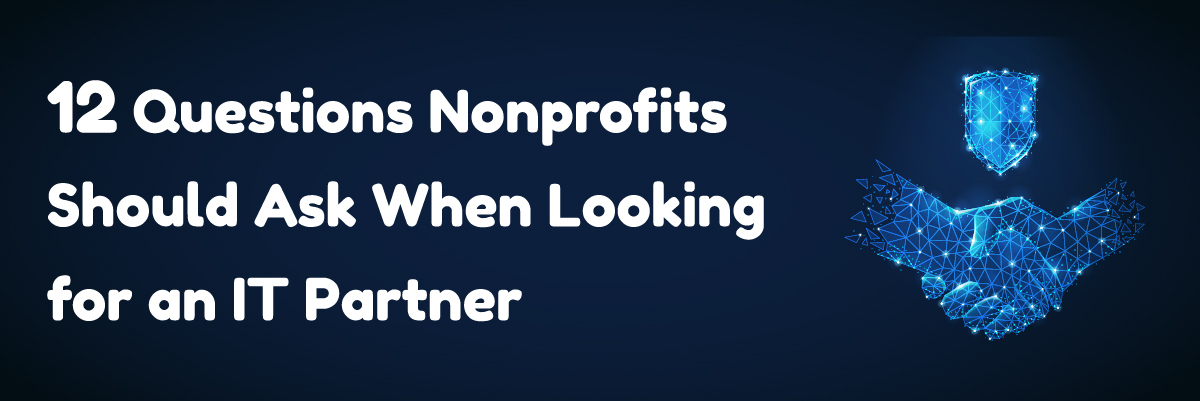
12 Questions Nonprofits Should Ask When Looking for an IT Partner
As a non-profit organization, aside from your budget, the technology your organization possesses should be at the forefront of your priorities. From financial records to members and beyond, your non-profit is more at risk of falling victim to a cyber-attack than ever before.
As reliance on digital tools and infrastructure continues to grow, partnering with a proficient managed service provider becomes paramount for nonprofits seeking to streamline their operations and enhance their efficiency. With an array of managed IT services for small businesses, these strategic partnerships offer tailored solutions to address the unique needs and constraints of nonprofit organizations.
In this blog post, we’ll explore 12 questions nonprofits should ask when looking for an IT partner. From assessing expertise in managed IT solutions to understanding the provider’s commitment to scalability and support, these questions serve as invaluable benchmarks in identifying the ideal managed service provider to propel your nonprofit toward success.
Let’s dive into the questions:
1. Are the people responding to your support requests W-2 staff members or outsourced?
When it comes to needing IT to help your organization, it’s critical for security reasons and an ample response that the person helping you to solve your support requests knows your system. However, if your IT partner uses outsourced solution providers, this can make for a less secure fix, as these providers aren’t familiar with your system or its processes.
2. Is your support site and monitoring outsourced or running on directlyowned equipment?
An IT Partner must maintain direct ownership and control over their monitoring, backup, and troubleshooting data. Direct ownership allows for rapid response when problems occur and are more secure. An IT partner that maintains direct control will be able to respond faster to requests and will be more secure.
3. What experience do you have working with nonprofits?
It is essential to work with an IT partner who has experience working with nonprofits, as their needs can be different from those of for-profit organizations. IT companies who have previous experience with non-profits understand the need to follow a budget plan and pride themselves on following your organization’s mission.
4. Can you provide references from other nonprofit clients?
Ask for references from other nonprofits that the IT partner has worked with in the past, and reach out to those organizations to learn more about their experience.
5. What IT services do you offer?
Ensure this potential IT partner can provide you with the specific services your nonprofit requires, whether it be network management, data backup and recovery, cybersecurity, or cloud computing.

6. How do you ensure data security?
Ask the IT partner about their data security protocols, including data encryption, access controls, and backup and recovery processes.
7. How do you handle IT emergencies?
Discuss their protocols and processes regarding IT emergencies ranging from system failures to cybersecurity incidents.
8. What is your response time for IT support requests?
Ask about the IT partner’s response time for support requests and ensure that it aligns with your nonprofit’s needs.
9. How do you stay up to date on IT trends and best practices?
It is essential to work with an IT partner who is knowledgeable about the latest IT trends and best practices. In addition, you need to know they can apply this knowledge to your nonprofit’s needs.
10. What is your approach to IT budgeting?
Ask the IT partner about their approach to IT budgeting. Some follow-up questions to ask can be how do they estimate costs? Or how do they work with nonprofits to ensure that IT costs align with their budget?
11. Do you provide training and support to our non-profit staff?
Ensure that the IT partner provides training and support to your non-profit staff, as this can help improve your employee’s IT skills and reduce the need for IT support.
12. What is your philosophy on working with non-profits?
Finally, ask the IT partner about their philosophy on working with nonprofits, and ensure that it aligns with your nonprofit’s values and mission.
Don’t go into the research process blind when finding your next IT partner. Study these questions and use them exactly as they are or as a jump-off point into more profound questions you may not have thought of before. When it comes to picking your next IT partner, you need to know whom you’re signing on to work with and trust that all your questions and concerns will be dealt with. In today’s world, especially as a non-profit, you need an IT team to have your back that understands your organization’s purpose and mission. Don’t fall victim to the next cyber-criminal. Start your research now.


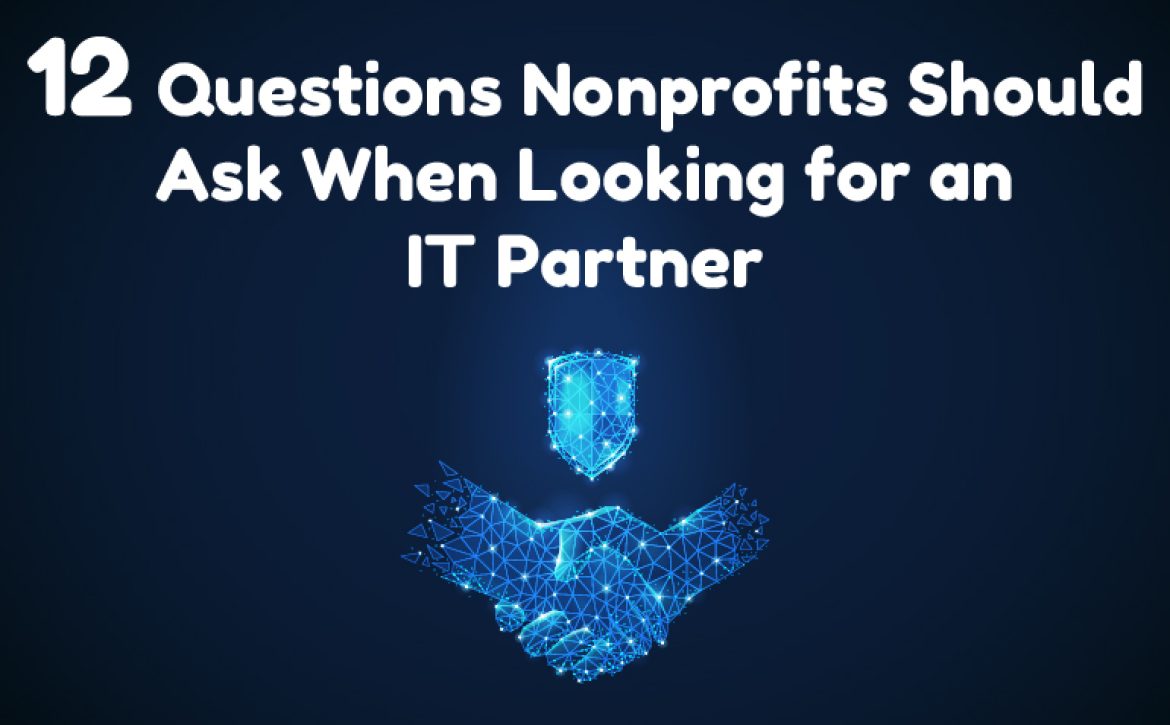
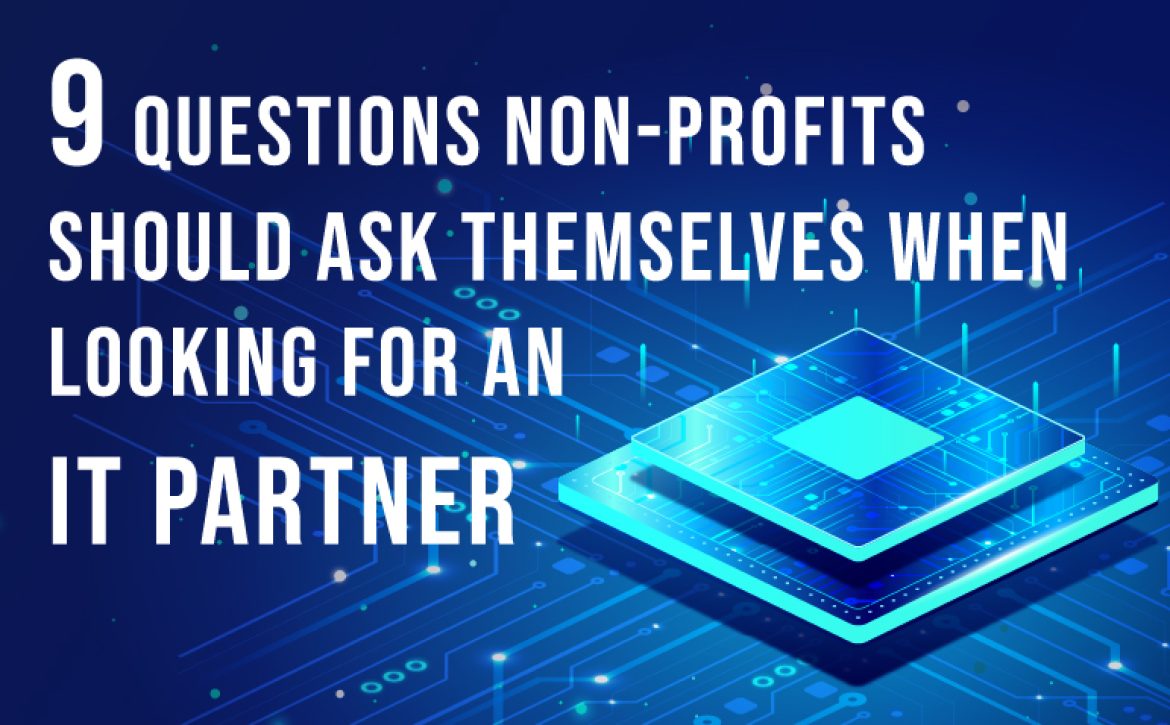
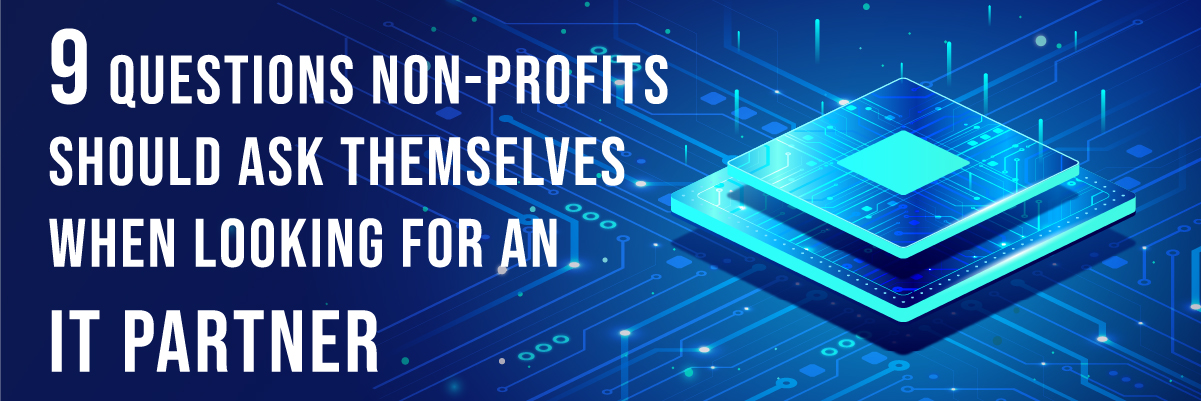



 Why is IT Important for Businesses?
Why is IT Important for Businesses?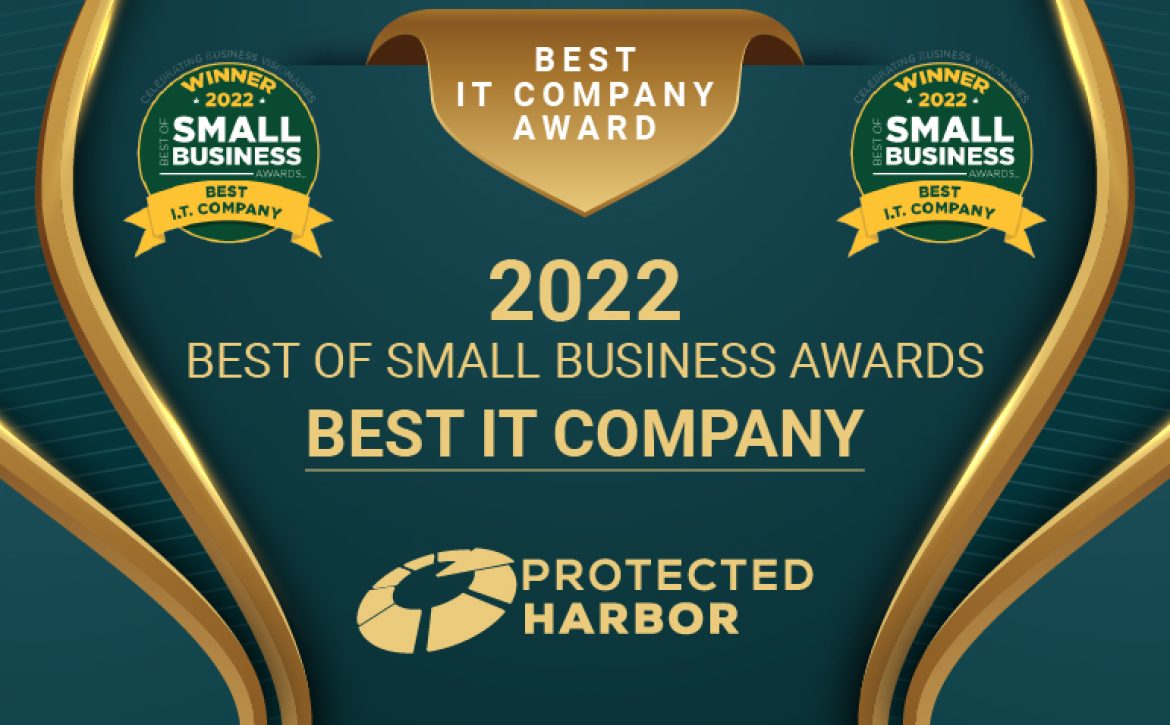

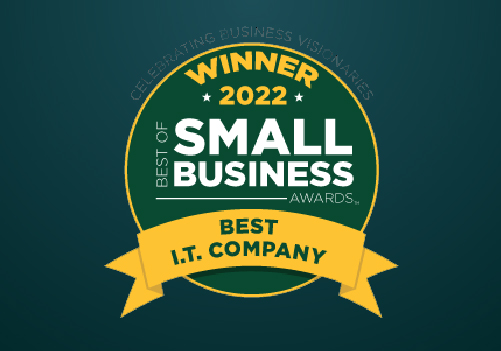












 Lack of a Proactive Culture
Lack of a Proactive Culture